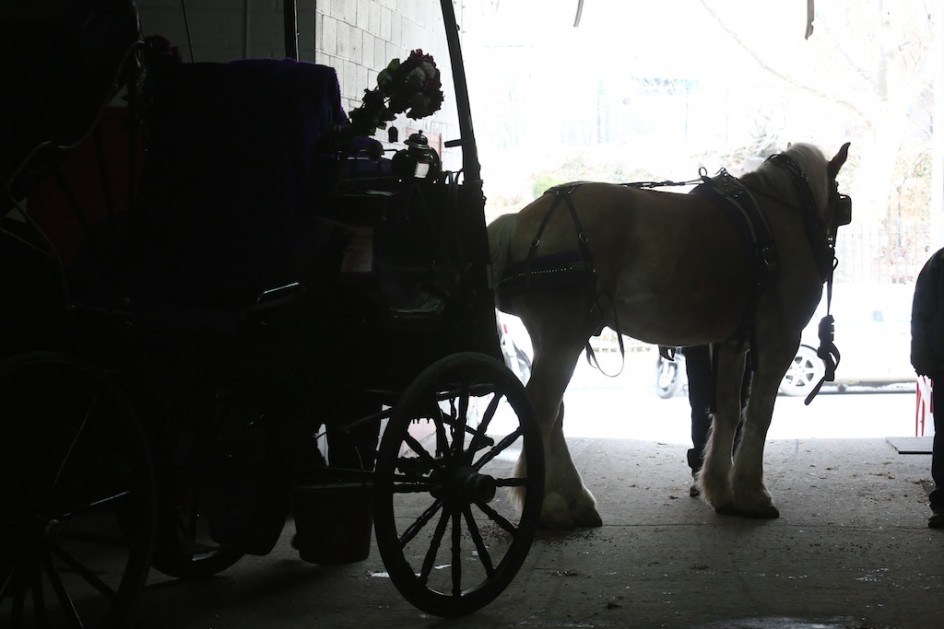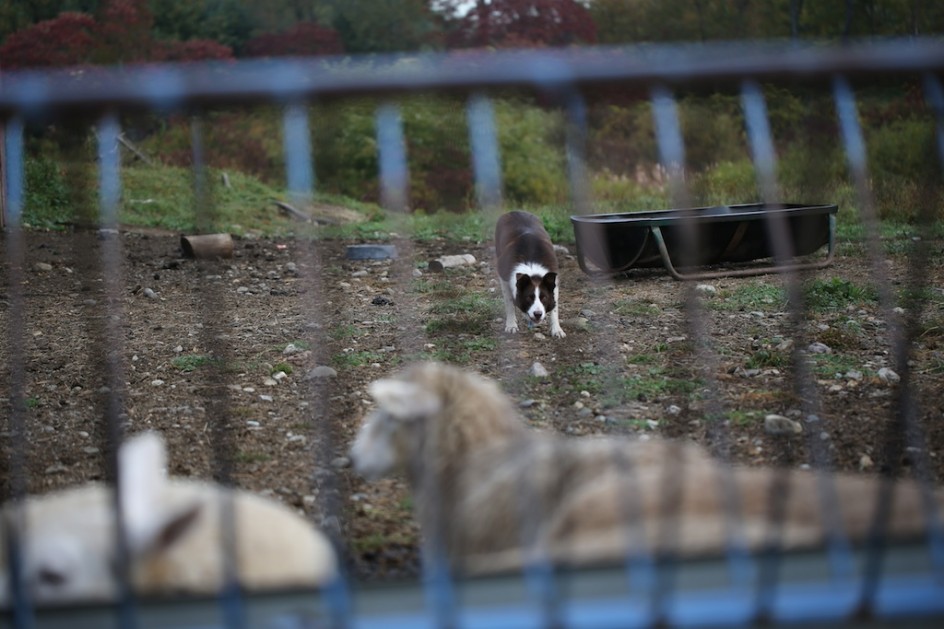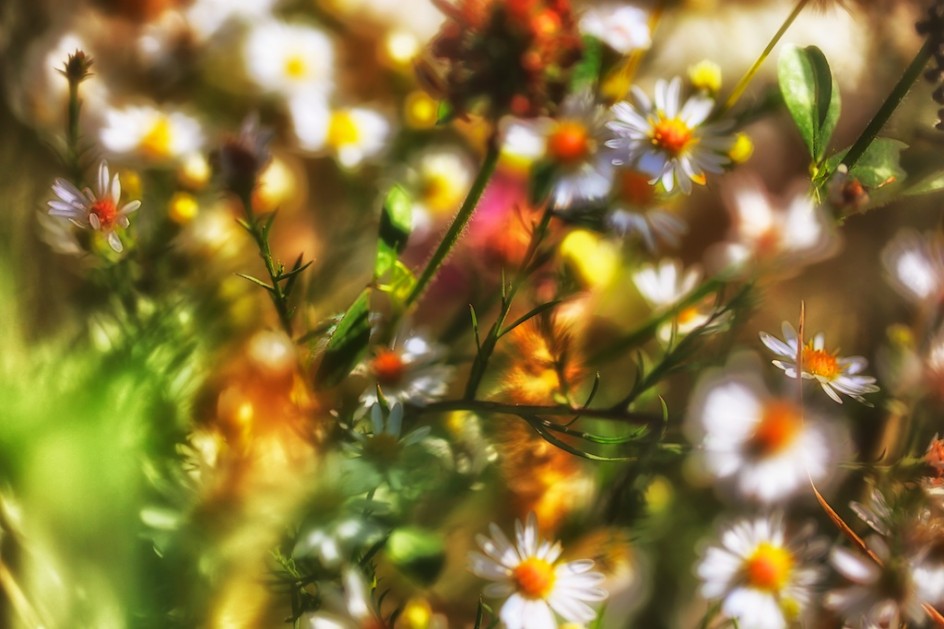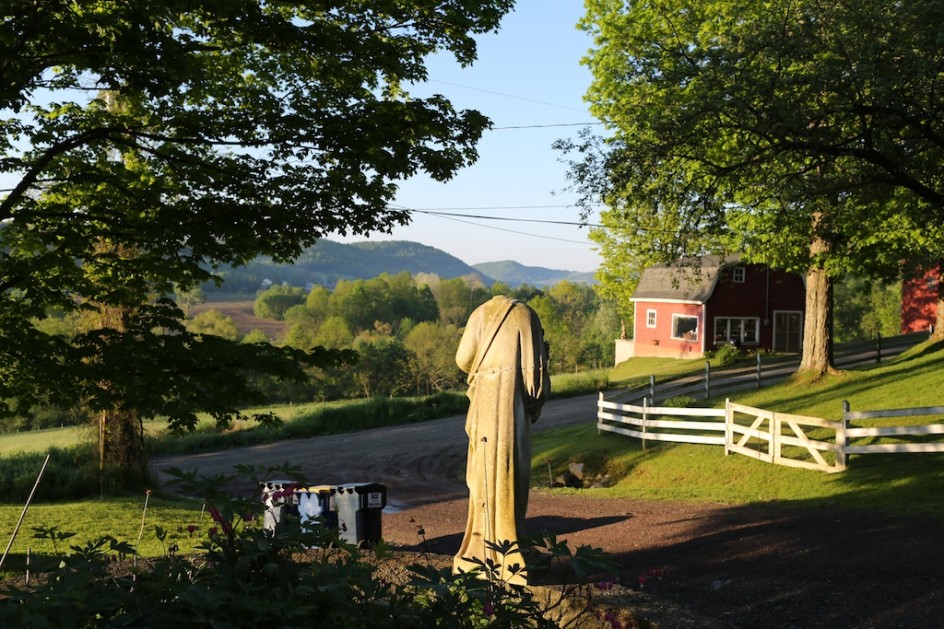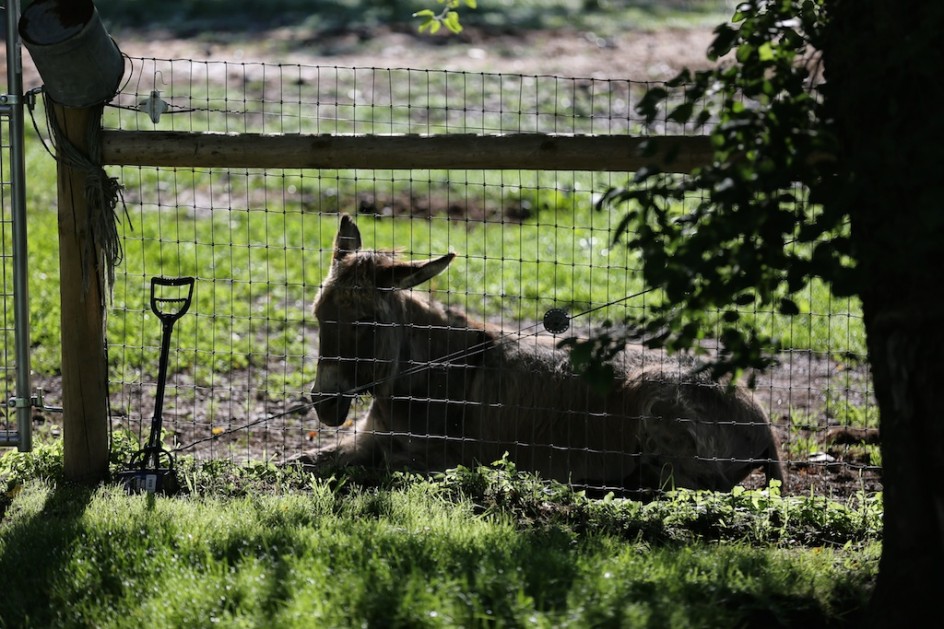
Next Tuesday, my next book, my last book with Random House, my lifetime book publisher, will be published. It reflects the enormous changes in publishing and in my publishing life. More than any book I have ever published, the fate of “Saving Simon” will be determined on my blog and on social media and by word of mouth. I am excited about the challenge. My next book, “Talking To Animals,” will be published by Simon and Schuster. We are working to sell 2,000 books through Battenkill Books, this has become an annual affirmation of the need for independent bookstores to prosper and survive.
“Saving Simon” will be launched at Battenkill Books at 7 p.m. on publication day. I will give a talk and reading there, George Forss will also be on hand to celebrate the publication of his new book “The Way We Were,” a collection of his photographs before 911. I am proud to kick off a book with George. Red is coming also. I will sign and personalize every book ordered through Battenkill.
“Saving Simon” is the story of the rescue and recovery of Simon, one of my three donkeys. The book is a story about my relationship with Simon, but more than that, a look at the nature of compassion, something Simon very much inspired. Simon’s story is one of compassion. For him. For the farmer that neglected him. For the very idea of compassion in our culture.
All of our great spiritual and religious and political leaders talk about compassion, but few of us seem to practice it or see it in our daily lives. There is no compassion in Washington and I found that compassion is generally applied only to people we like, the people who most need it – the people we don’t like, rarely get much. Compassion is a difficult thing to practice. When Simon came to me, I was overwhelmed with messages of concern for him from all over the world, but why, I wondered, was no one concerned about the farmer, so exhausted and soul dead, that he left Simon to nearly starve to death?
I went to visit the farmer, a visit I describe in my book. I wanted to feel compassion and understanding for him, it was not simple. Simon raised issues of compassion again and again, most painfully when he repeatedly attacked our blind pony Rocky, who was living here on the new farm when we came. Simon would not accept an old and infirm pony – equines drive off sick and wounded comrades to protect the herd from predators. Rocky was disoriented and frightened.
Simon was just protecting Lulu and Fanny. We had an agonizing decision to make about Rocky. Our vet urged me to be merciful to him, it was old and winter was approaching.
So compassion also means, in many cases with animals, letting them go, rather than keeping them alive. Another way to see it. All year I have been writing about the New York Carriage Horses and I have been struck by the lack of compassion in the animal rights movement seeking to banish them. There is much talk of the horses welfare, little or not of the people in the carriage trade. How, I have wondered all year, can one love animals but hate people and treat them so cruelly?
I am proud of “Saving Simon,” it raises many questions about people and animals and the nature of life. I love Simon, I am grateful for him in my life. I am excited about my book. Publishing has changed, my life has changed, and so has the nature of book, but I am a book writer at heart, and will remain one to the end of my writing days.
People who wish to meet Simon can greet him at the Bedlam Farm Open House, to be held on Saturday (11 to 4) and Sunday (noon to five) at our farm in Cambridge, New York (details on Maria’s website events page). The book can be ordered or pre-ordered through Battenkill Books, my local bookstore. The first 2,000 people who order the book will receive a free signed photo postcard of Simon, they will all also be eligible to win free dog food from Fromm Foods, free books, potholders and notecards.
There will be other good stuff to do at the Open House. Maria and some other gifted artists will be selling their art in the Studio Barn, I’ll be conducting several sheepherding demonstrations with Red, there will be talks and discussions, and people can meet Simon and Lulu and Fanny. I’ll be doing a second book signing early Sunday October 12th (9 a.m.) at Battenkill Books on Main Street. We encourage everyone who is coming to the Open House to visit Cambridge, the Round House Cafe, the Diner, the Cambridge Food Co-op, the Artisans Gallery, The Ginofor Gallery, Jack’s Outback Antiques and the Battenkill Bookshop. Cambridge is a charming town to explore, we are very happy to be living here.

